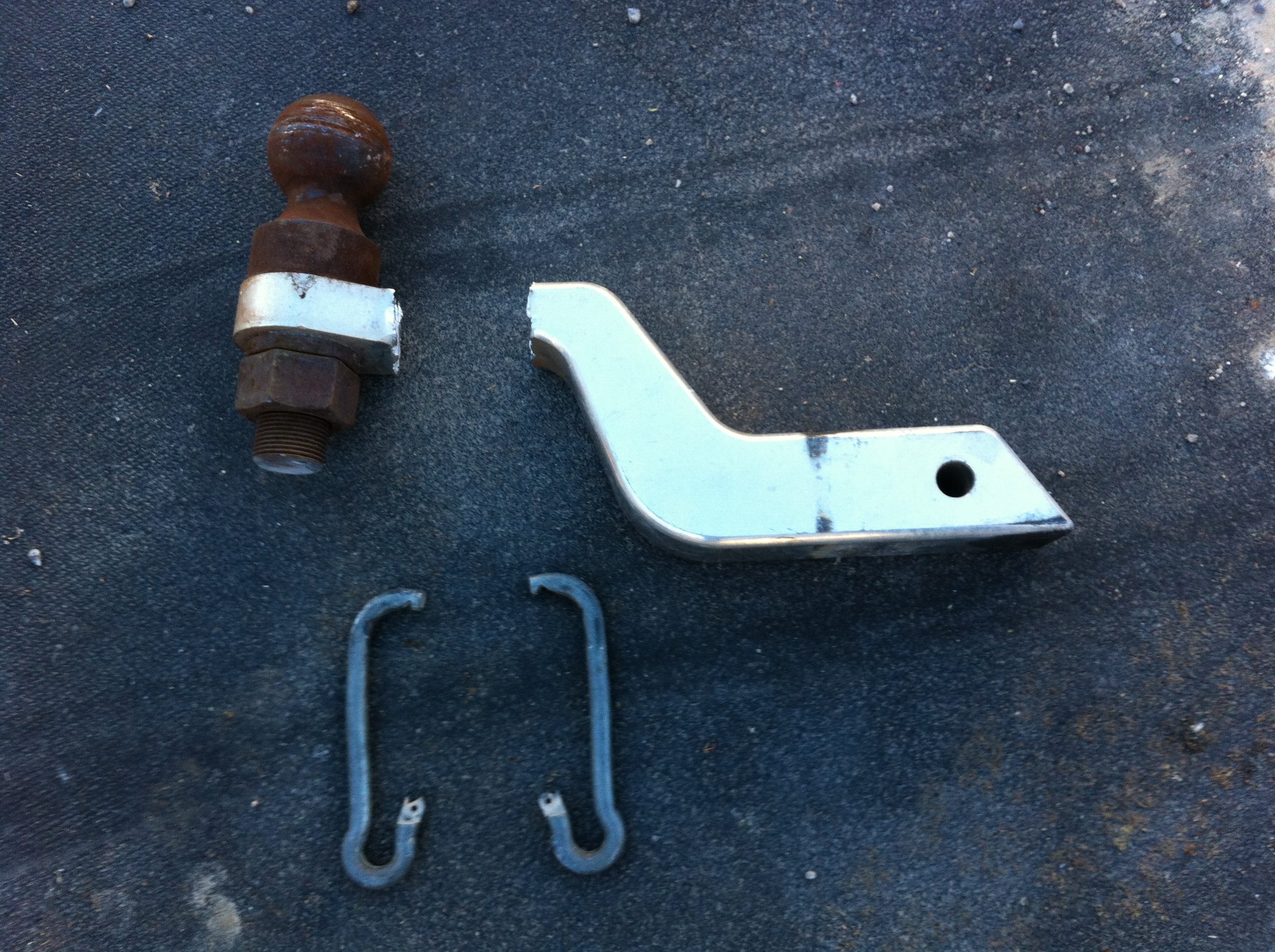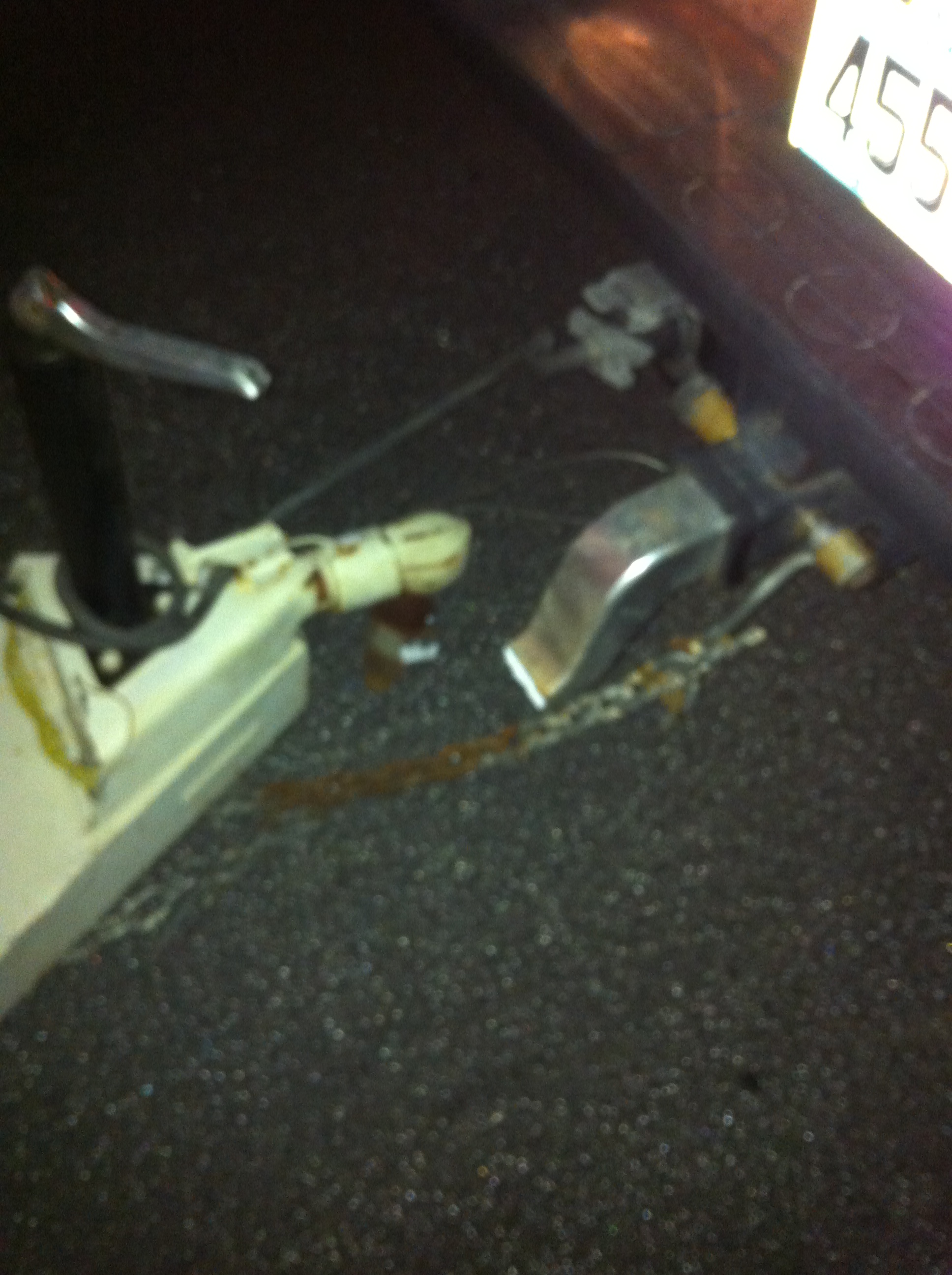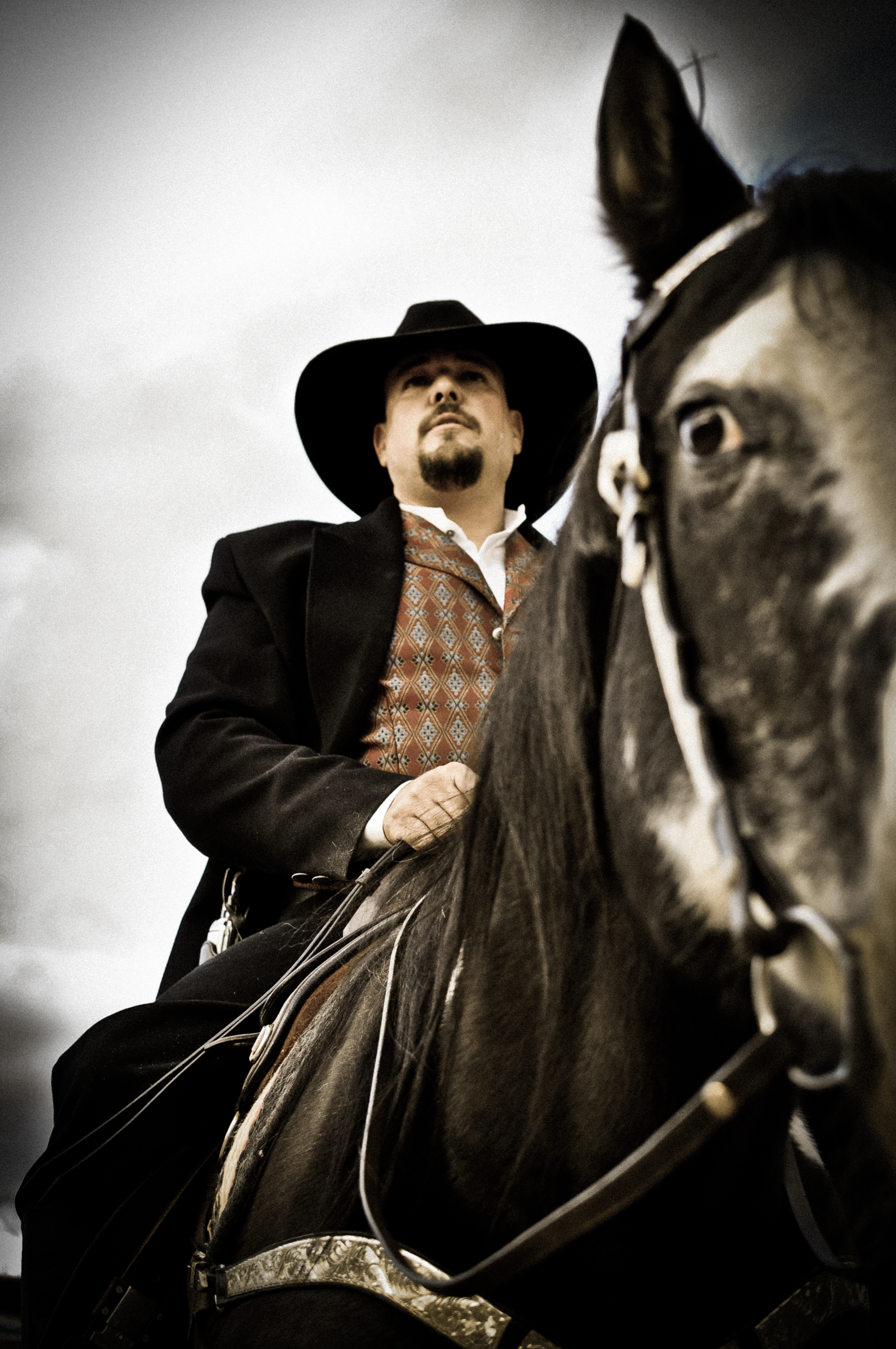A Horseman's Worst Nightmare
...To have your horse trailer become detached from your tow vehicle at high speeds with your most precious cargo within.I write from personal experience and I share things that I feel everyone can benefit from. Recently I was traveling a busy freeway at night at high speeds and the drop hitch on my truck broke in half. We all know that even if the posted speed limit is 65 mph, most people are doing 70 - 80 mph or even more. There was a bump and a thud. When I looked in my mirror, there were sparks flying from my trailer like fireworks on the 4th of July! I've driven 18 wheelers, and at times many more wheels than that while transporting heavy equipment. The thing to remember, is to act swiftly without panicking. This means, make the movements you need to without overdoing it. Don't over steer, don't stab your breaks and most of all keep your cool! I realize everything happens in an instant but, it can be done. If you are driving like a good driver should, you will already have one step done before you need it. That is to watch forward where you are going, check one mirror, back forward then check the opposite mirror. You should repeat this procedure the whole time you’re driving. It is also important that at the same time, you understand what you see in your mirrors. If you do this diligently, you will already know where your possible escape route is in a time of emergency. I've also logged many miles on my Harley. Knowing who and what is surrounding you at all times is essential to your possible survival. In this case the most desirable path to the right side of the road looked possible, so I went for it! I thought quickly enough to hit my right flasher. By this time some of the other drivers around me were realizing that there is a problem. The big clue here was the fireworks show... “and it wasn’t even the 4th of July!” There was enough of a gap in the traffic to slowly maneuver a right lane change. I made it across three lanes of traffic to the emergency lane. Using very light brake it was not much more than a coast to a stop. I quickly made a check of the obvious damage and checked on my horse. (While paying special attention to the traffic that was whizzing by.) By doing your assessment first you’ll know what kind of help to ask for, when you call for help during step 2. In this case I called a friend that I knew had the resources to help me. Then I asked Highway Patrol to bring some safety flares. (This is if you don't already have flares in your emergency kit.) It was dark and cold out. Vision to overtaking traffic was limited and this would help give them some advanced warning.

Now for the hard part, to admit my downfall, but I will for the sake and safety of others to learn from my mistakes. I knew of this possible hazard and still used an aluminum drop hitch anyway. (People tend to think stuff like this only happens to others...) Looking back, I cannot even tell you why because I have two other drop hitches with the proper rating that are steel. They just weren't where I really needed them to be when it counted most. I have even recommend in the past, that other people don't use aluminum for this very reason. Ok! So, here’s my sign! …Actually, I got it sent to me in a big way! I strongly recommend that if you have one of these aluminum hitches, throw it in the garbage. Just take the loss now. Please, don't try and sell it at the next tack swap or give it away. You may be saving a life, furry friend, human, or both.
Things to ponder... 
Can you even imagine the pileup that could have been created if my 4 horse trailer, with my best friend in it, careened across traffic and taken out a few cars?
I wrote this article to bring this to everyone’s attention. This is something that many people may not think or even know about. Please learn from other’s mistakes… Don't re-live them and keep your animals safe.
This is Mark Hinds, wishing you all… "Happy Horses!" :-)
